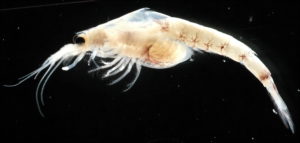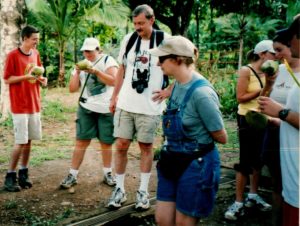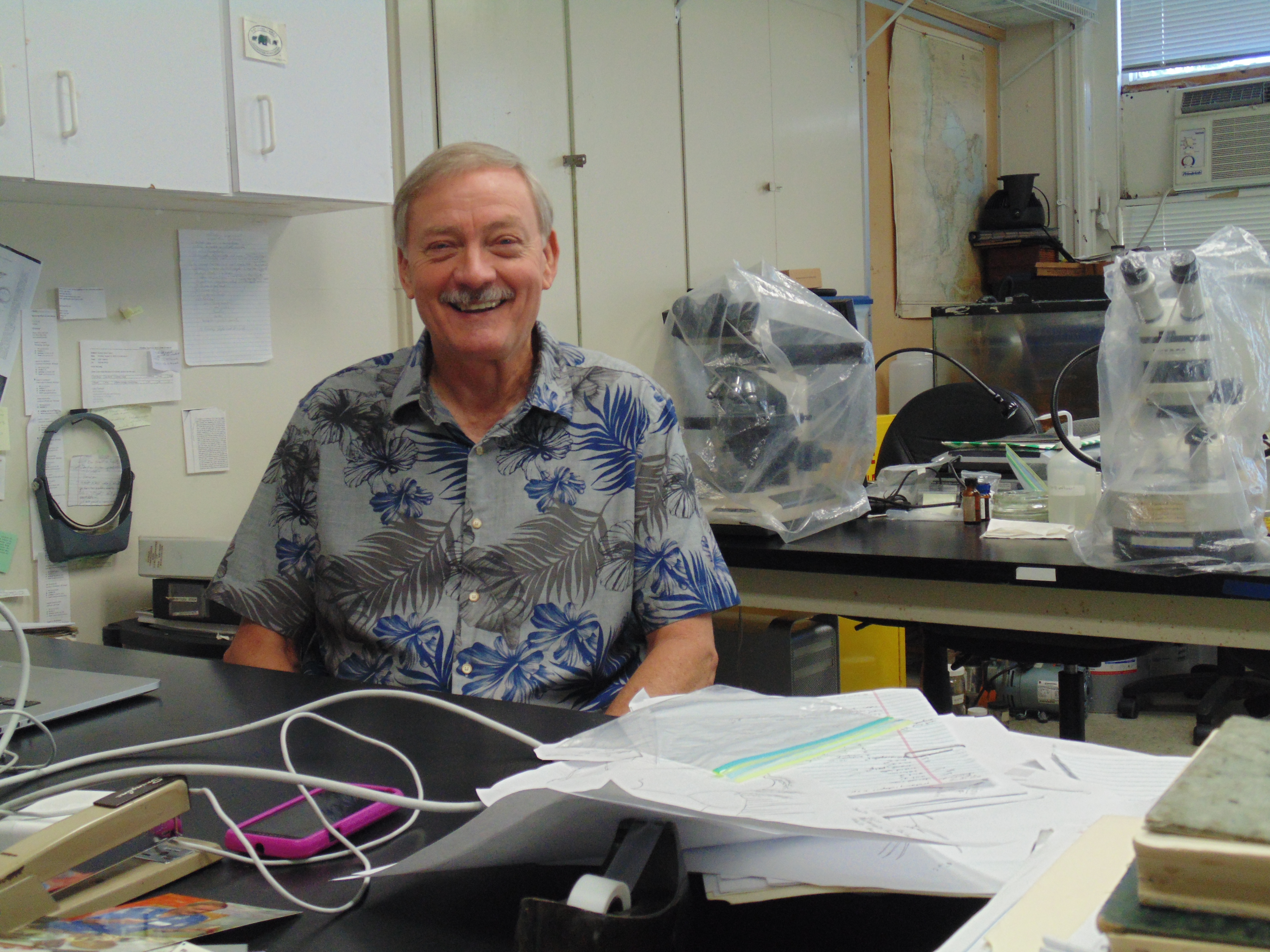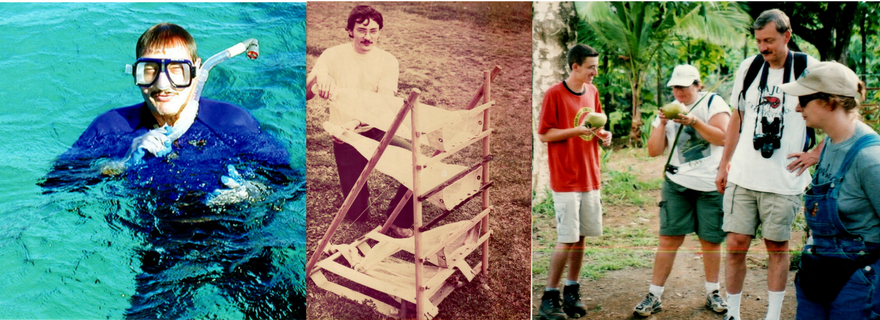As far back as Socrates, the Greek philosopher credited as one of the founders of Western philosophy, elders have been complaining about the next generation’s problems with work ethics, authority and manners.
Wayne Price, who retired earlier this year after teaching marine biology at the University of Tampa for 40 years, respectfully disagrees. “Today’s students are much more aware of environmental issues than they were 40 years ago. They understand the relationships between ecosystems and wildlife, they’ve generally traveled more and been exposed to different cultures, and have had internships that exposed them to real-world issues.”

Price arrived at UT in 1976 with a brand-new PhD and a special interest in mysids, tiny shrimp-like creatures that are often used as water quality indicators

because of their specific environmental needs.
“At the time, Tampa wasn’t doing much in the way of wastewater treatment than removing the big chunks,” he said. “There were far too many nutrients and dissolved oxygen (critical for the survival of underwater creatures) was practically non-existent — summer die-offs of fish happened nearly every year.”
Advanced wastewater treatment is now required, so ecosystems have been recovering and technology has led to dramatic improvements in Tampa Bay’s health, which has more seagrasses than it has had since the 1950s. “I think one of the best things has been that the restoration has occurred mainly at the city and county level,” he said. The City of Tampa took a big risk when they used largely unproven research to build an advanced sewage treatment plant, he adds. Additionally, the Environmental Protection Commission of Hillsborough County has one of the longest-running and most in-depth monitoring programs in the nation.
As a UT professor, Price introduced thousands of students to marine biology in both classrooms and on field trips aboard the university’s boat. “I think the field trips were where we really saw the impact on students,” he says. “They fussed about getting up at 8 a.m. on a Saturday morning, but when they could actually see what they were studying, their attitudes totally changed.”

While officially “retired,” Price is continuing the research he started in the 1970s, specializing in the taxonomy of mysids, which he calls the “insects of the underwater world”.
“They’re usually found in very high numbers – like up to 10,000 in a cubic meter of water – and they’re an important food source for juvenile fish in estuarine ecosystems.”
Price now travels less, but continues to document the taxonomy of mysids from countries such as the Cayman Islands, Turks and Caicos, and Costa Rica. Defining each individual species within the much-larger genus is still very much a work in progress, he notes. “It’s like the damage caused by the Deepwater Horizon oil spill — we can’t define changes until we’ve documented what already exists,” he notes.
And although many environmental challenges still remain, Price is optimistic about the future. “Along with sea level rise, fresh water is going to be a critical issue. We’re already seeing saltwater intrusion along our coasts and it’s only going to get worse if we don’t do something soon.”
Still, he’s optimistic about the future. “I see students leaving here with changed attitudes – they understand the need for conservation and they’re concerned about the world they’re leaving for the next generation.”

Story originally published July 2017
[su_divider]